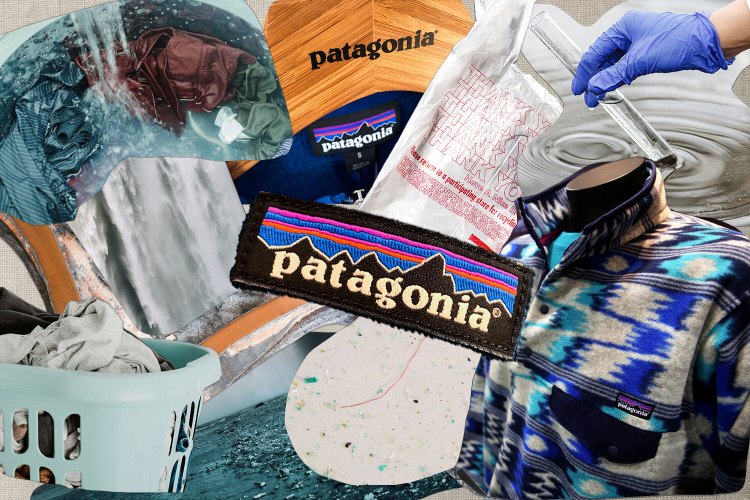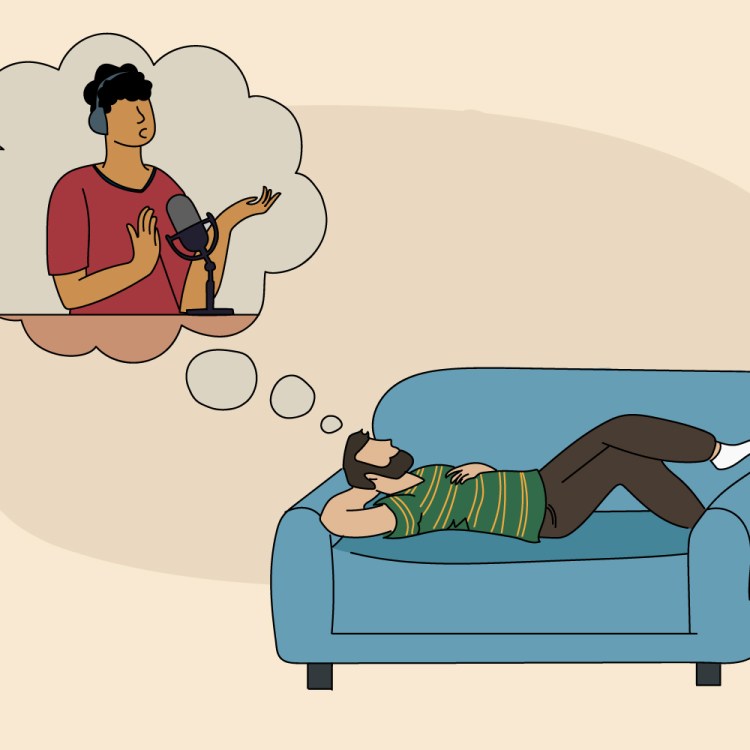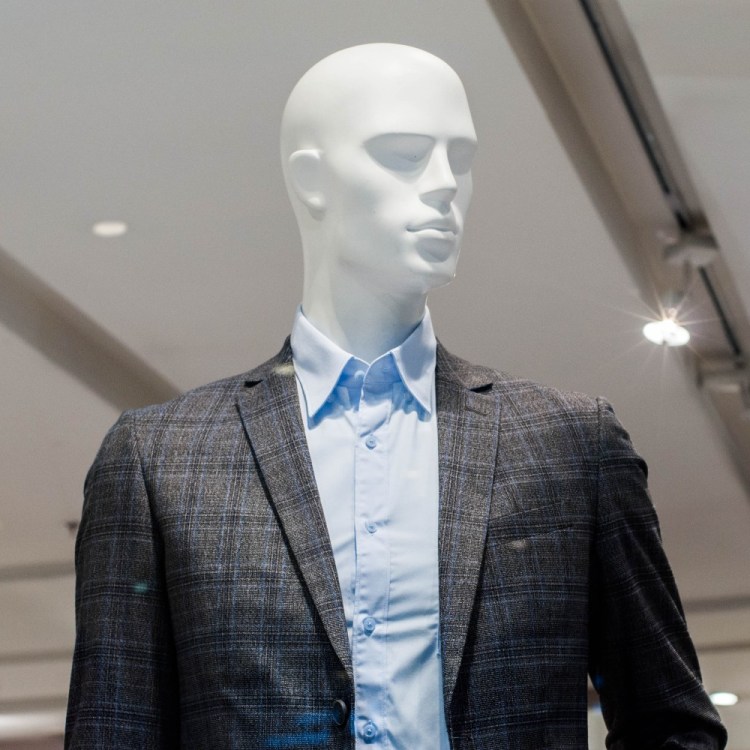A new study by Yale University found that fact-checking and then tagging inaccurate news on Facebook does not work, and that tagging fake news stories only has a small impact on whether or not readers believe the headline to be true. The study surveyed 7,500 people.
Politico reports that the existence of “disputed” tags makes people only 3.7 percentage points more likely to correctly judge headlines as false. The study also found, Politico reports, that for certain groups, flagging fake news can have the opposite effect. For Trump supporters and adults under 26, flagging the stories could actually “increase the likelihood that users will believe fake news.”
So why does this happen? Well, due to the sheer volume of information on Facebook, it is impossible for the groups that the social media platform paired with, like Politifact, FactCheck.org, and Snopes.com, to look at and address every single story. But some are flagged. The existence of flags on some articles made Trump supporters and young adults more likely to believe any story that was not flagged, writes Politico.
The study was done by psychologists David Rand and Gordon Pennycook. Rand says that the study shows that overall, providing the fact-check labels is not effective enough to solve the problem of fake news.
He also suggested that the results could be related to “declining trust in media among young people.” He wants to look into this issue further.
Politico writes that Facebook, who claims their efforts to reduce false news is working, is aware of the study. They responded by saying that fact-checking articles is just one of the company’s efforts to thwart the spread of fake news. A spokesperson said the other efforts include “disrupting financial incentives for spammers, building new products and helping people make more informed choices about the news they read, trust and share,” writes Politico.
Rand told Politico that he wished Facebook would share more data, but that a big thing Facebook could do to help, based on the survey’s findings, is let users know not all fake news stories receive flags.
This article was featured in the InsideHook newsletter. Sign up now.
























